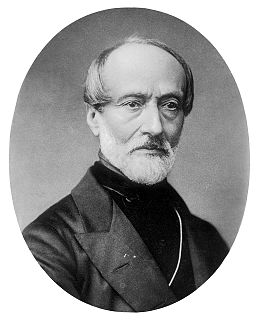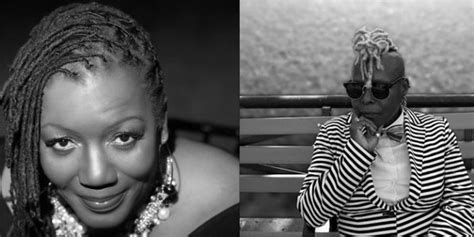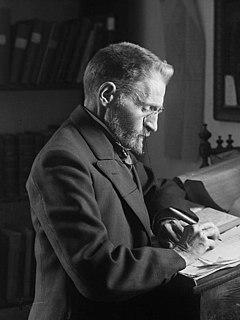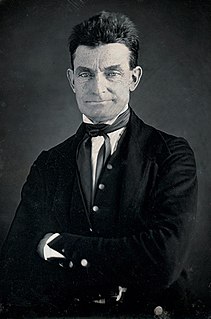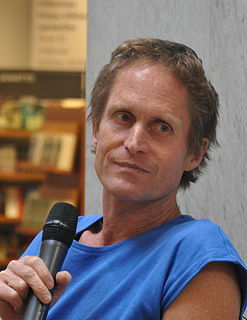A Quote by Gordon B. Hinckley
Study a foreign language if you have opportunity to do so. You may never be called to a land where that language is spoken, but the study will have given you a better understanding of your own tongue or of another tongue you may be asked to acquire.
Related Quotes
Nature is a language and every new fact one learns is a new word; but it is not a language taken to pieces and dead in the dictionary, but the language put together into a most significant and universal sense. I wish to learn this language - not that I may know a new grammar, but that I may read the great book which is written in that tongue.
Men sometimes speak as if the study of the classics would at length make way for more modern and practical studies; but the adventurous student will always study classics, in whatever language they may be written and however ancient they may be. For what are the classics but the noblest recorded thoughts of man?... We might as well omit to study Nature because she is old.
This word "description" may be disconcerting when used to refer to what is generally called a translation. But when one wishes to render a verbal creation (as opposed to a didactic statement) from one language to another, he is confronted with two equally unsatisfactory choices. He may, according to his talents, elaborate a similar, but never identical creation, or he may describe that creation as completely as possible in his own language.
The real secrets of Masonry are never told, not even from mouth to ear. For the real secret of Masonry is spoken to your heart and from it to the heart of your brother. Never the language made for tongue may speak it, it is uttered only in the eye in those manifestations of that love which a man has for his friend, which passeth all other loves.
And it is a singular truth that, though a man may shake off national habits, accent, manner of thinking, style of dress,--though he may become perfectly identified with another nation, and speak its language well, perhaps better than his own,--yet never can he succeed in changing his handwriting to a foreign style.
I try to write each piece in the language of the piece, so that I'm not using the same language from piece to piece. I may be using ten or twenty languages. That multiplicity of language and the use of words is African in tradition. And black writers have definitely taken that up and taken it in. It's like speaking in tongues. It may sound like gibberish to somebody, but you know it's a tongue of some kind. Black people have this. We have the ability as a race to speak in tongues, to dream in tongues, to love in tongues.
UG [universal grammar] may be regarded as a characterization of the genetically determined language faculty. One may think of thisfaculty as a 'language acquisition device,' an innate component of the human mind that yields a particular language through interaction with present experience, a device that converts experience into a system of knowledge attained: knowledge of one or another language.
There is one way to understand another culture. Living it. Move into it, ask to be tolerated as a guest, learn the language. At some point understanding may come. It will always be wordless. The moment you grasp what is foreign, you will lose the urge to explain it. To explain a phenomenon is to distance yourself from it.
I think it is no small attraction in a painter to be able to give a pleasing air to his figures, and whoever is not naturally possessed of this grace may acquire it by study, as opportunity offers in the following manner: be on the watch to take good parts of many beautiful faces of which the beautiful parts are established by general repute rather than by your own judgement, for you may deceive yourself by selecting faces that resemble your own, since it often seems that such similarities please us; ... so therefore choose the beautiful ones as I tell you and fix them in your mind.
Language leads a double life - and so does the novelist. You chat with family and friends, you attend to your correspondence, you consult menus and shopping lists, you observe road signs, and so on. Then you enter your study, where language exists in quite another form - as the stuff of patterned artifice.








